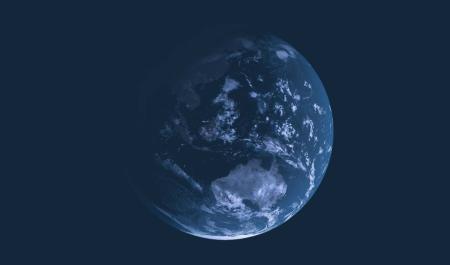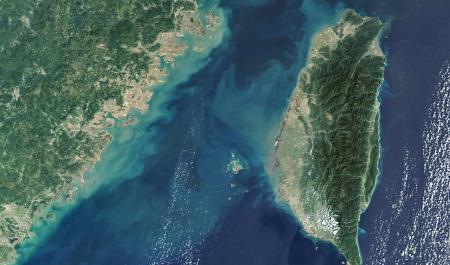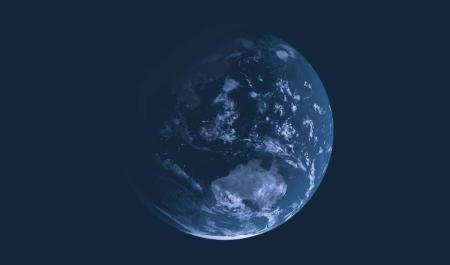Publications
Lowy Institute research publications are downloadable from the website free of charge.
If you wish to purchase hard copies of Lowy Institute Papers, please contact reception@lowyinstitute.org.

Commentary
Cambodia at a critical juncture in its development journey
This commentary was originally published by the Cambodia Development Resource Institute.

Policy Briefs
Enhancing Australia's Taiwan ties
Australia has limited its economic and political engagements with Taiwan due to fears of upsetting China. Is now the right time for change?

Commentary
Concerns over China-backed high-speed railway do not derail Indonesia’s agency
Originally published in Channel News Asia, 6 November 2023.

Commentary
Managing power conflict spillover in Straits of Malacca and Singapore
Originally published in The Jakarta Post, 6 November 2023.

Commentary
Labor's AUKUS woes a boon for Beijing
Originally published in the Australian Financial Review, 3 November 2023.

Commentary
China-Australia thaw reveals limits of Beijing's economic coercion
Originally published in Nikkei Asia, 25 October 2023.

Commentary
China is steadily building an alternative world order
Originally published in the Australian Financial Review on 29 September 2023.

Commentary
Will ASEAN’s first joint military exercise prepare it for future crises?
Originally published in Channel News Asia, 27 September 2023.

Commentary
AUKUS brings more than nuclear submarines to Southeast Asia
Originally published in East Asia Forum. The AUKUS agreement between the United States, the United Kingdom and Australia significantly shifts Australia’s defence strategy and…

Subscribe to stay up to date
Be the first to receive the Lowy Institute’s latest research, podcasts and information on upcoming events.